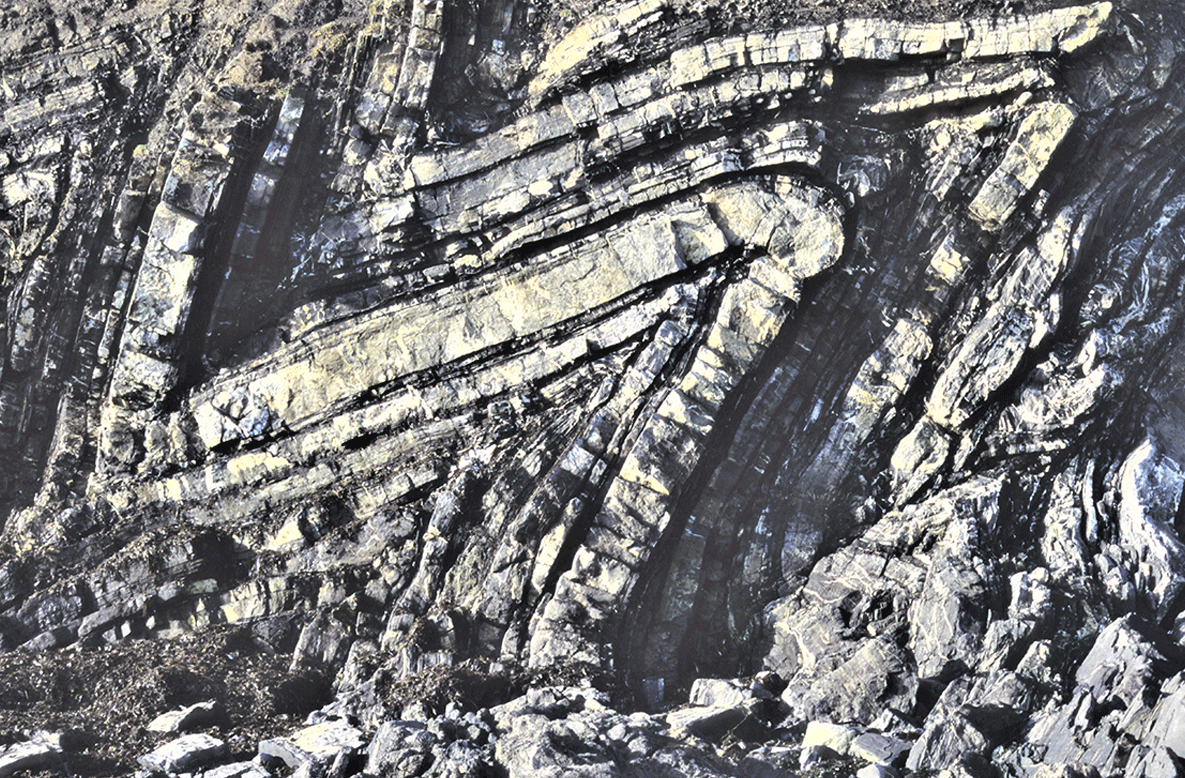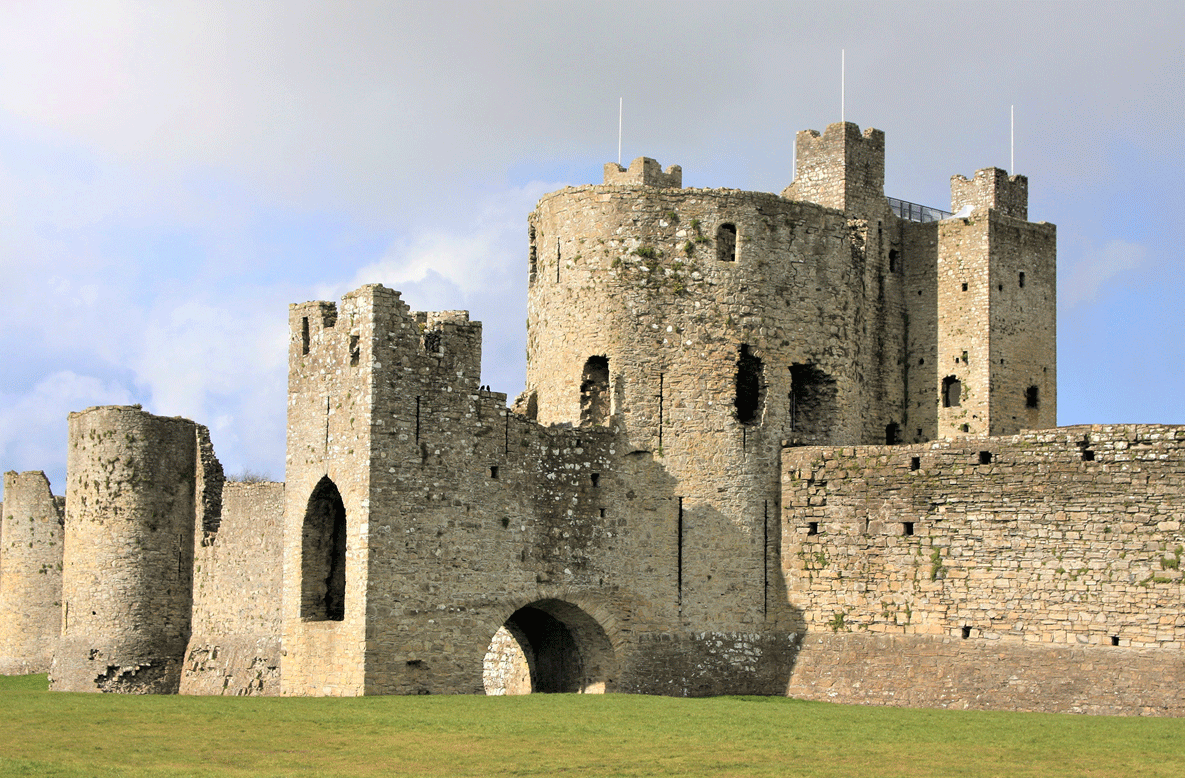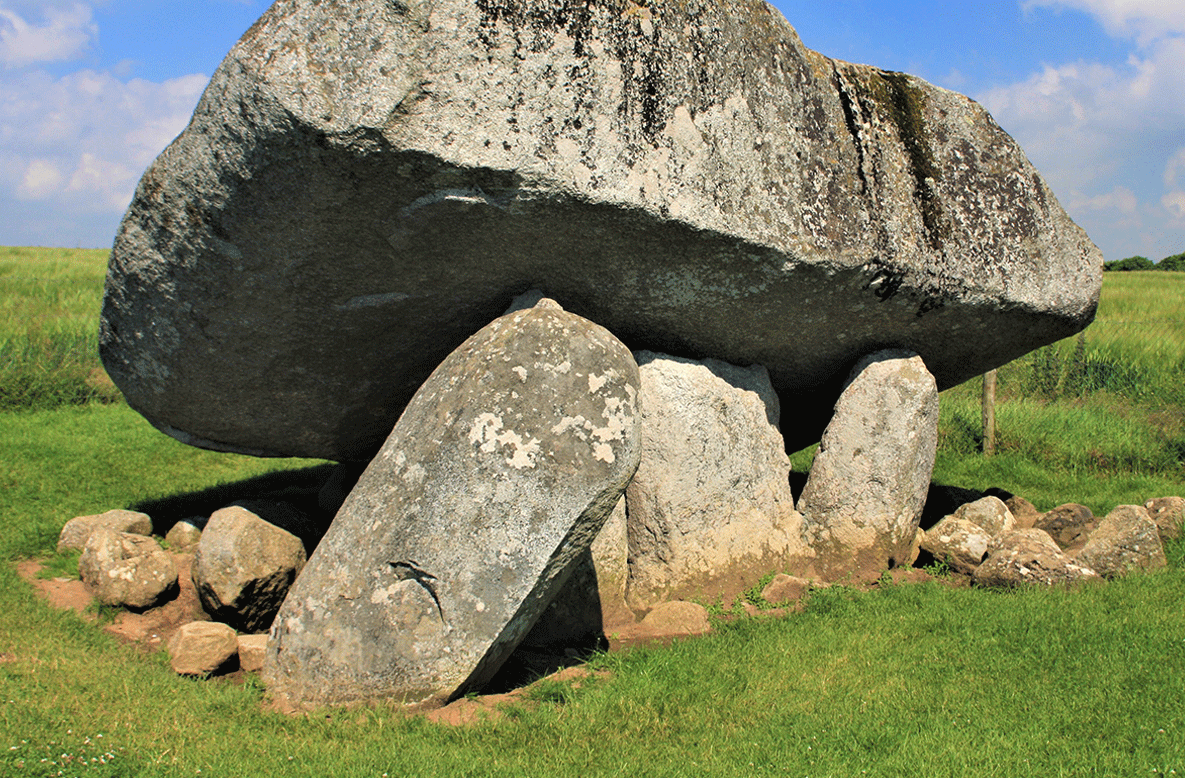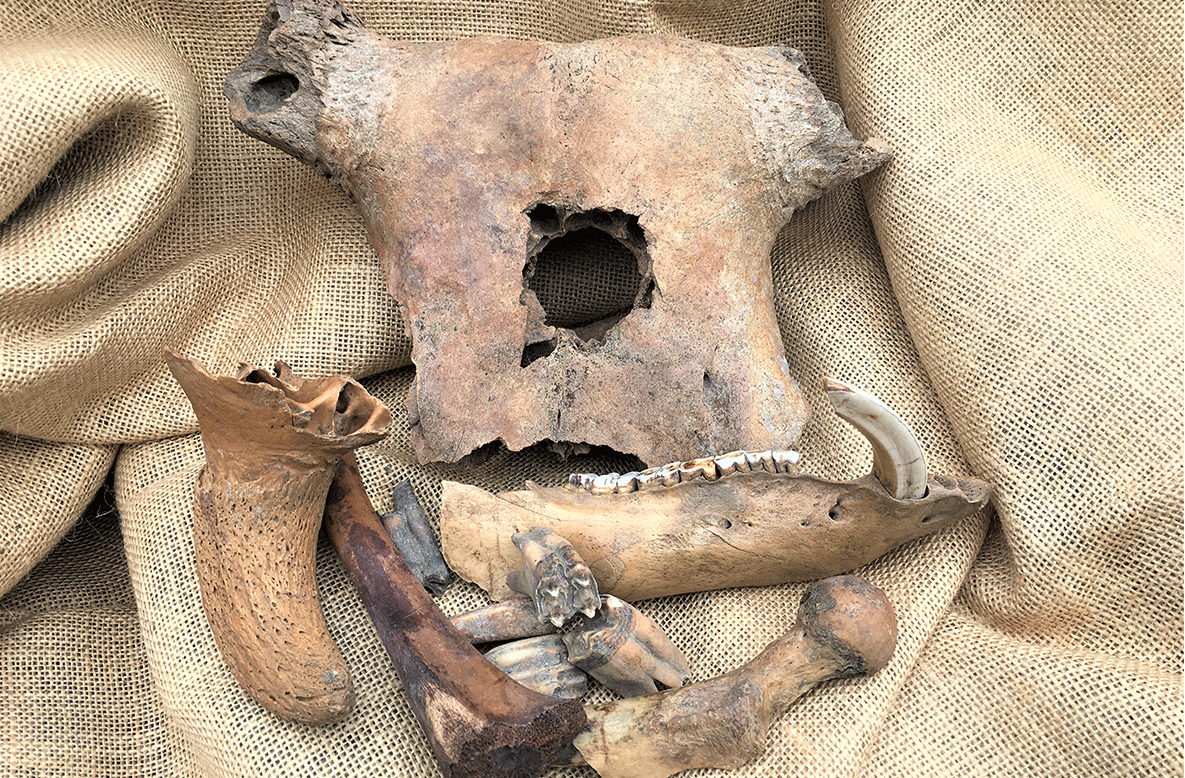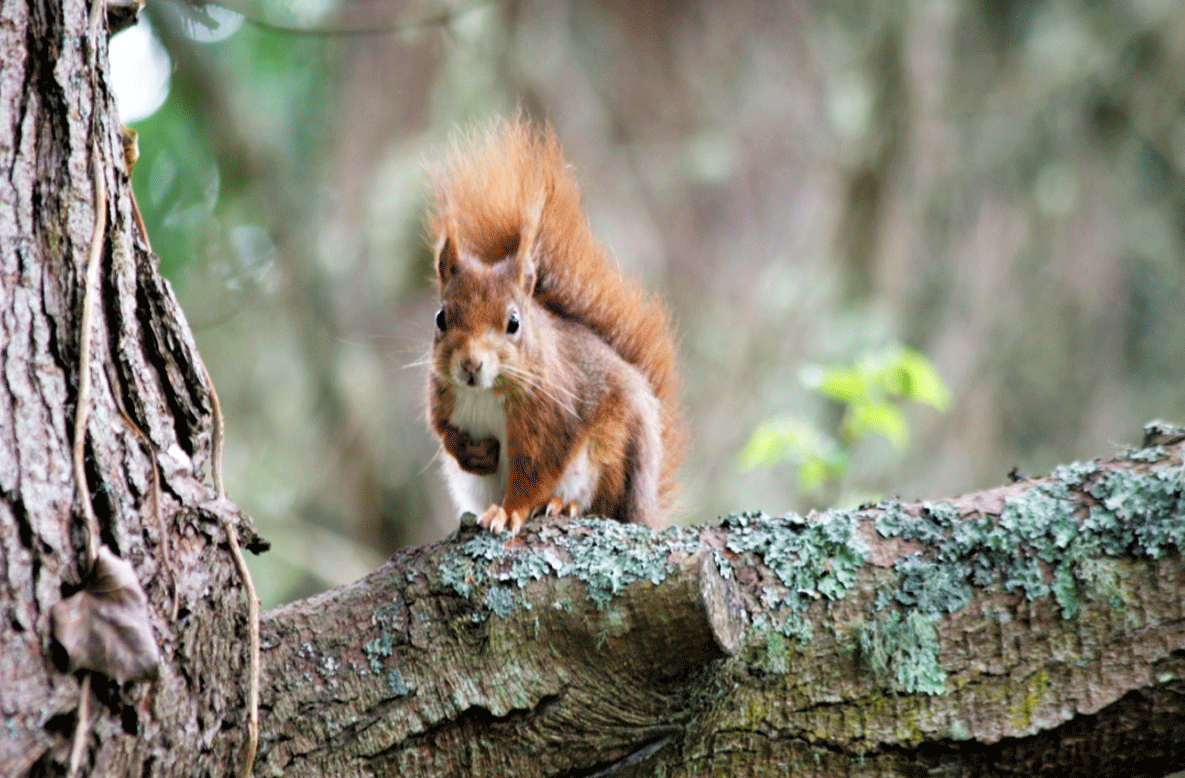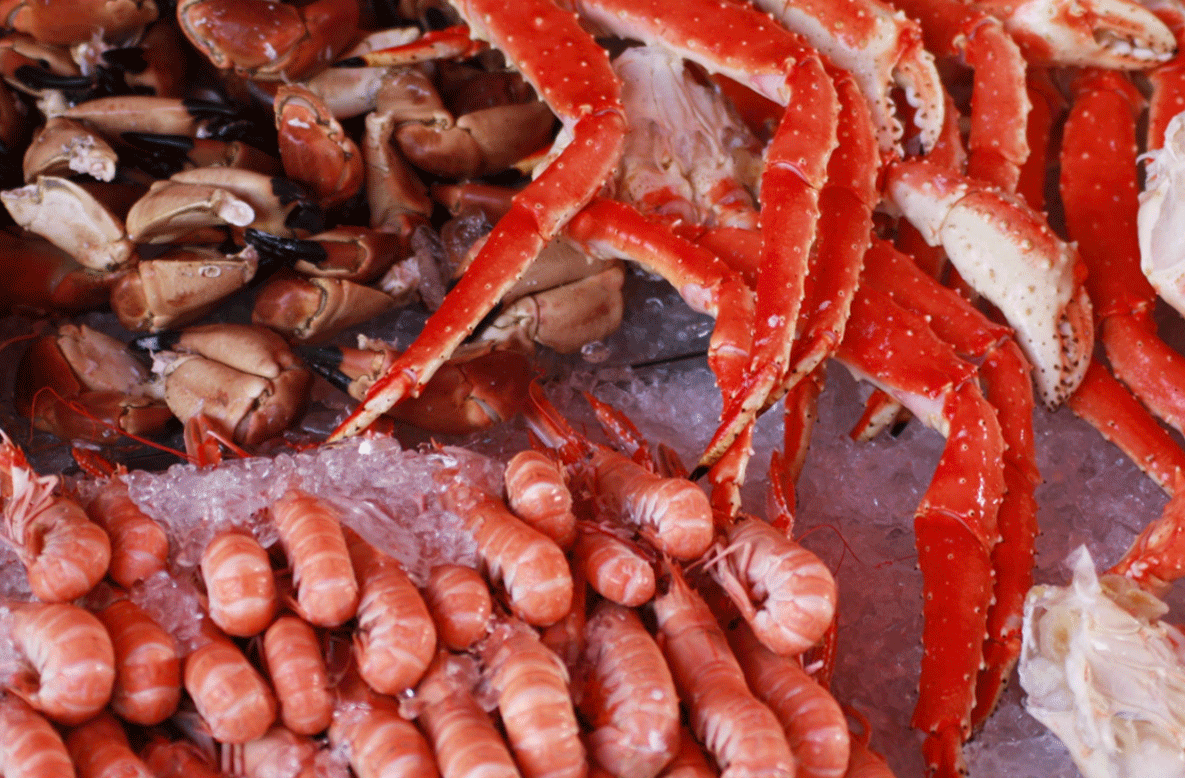Ireland's Natural, Built and Cultural Heritage
Join Vincent on one of his fascinating heritage courses and discover new insights into the Irish landscape..
Places are limited so Booking is Essential
For further details please contact Vincent Butler directly at Email: info@vincentbutlerheritage.ie
or Mobile: 087-2330966
Heritage Aware
Reading Ireland's Landscape
Venue: West County Hotel, Chapelizod, Dublin
Class times 9.00 am. – 4.30 pm.
Course Dates: tbc. Cost per person: €120
Medieval Ireland 1150-1500
‘What did the Normans ever do for us….?’
This 2-day course will explore the period from just prior to the arrival of the Anglo-Normans in the late-twelfth century to the end of the fifteenth-
century. Topics explored in detail will include Pre-Norman Ireland – Landscape, Society and Economy; The Normans - Origins, Invasion and Colonisation; Medieval Warfare –Fortifications and Castles: Feudalism, Norman Towns, Society, Economy, Rural Settlement, Working the Land, The Black Death, Irish Monastic Life, Gaelic Resurgence, The Bruce Invasion, The Pale and Fifteenth-century Renewal. Key National Monuments and sites will be highlighted and detailed. New insights into this period, made available through cutting-edge archaeological research over the last two decades, will be discussed.
A collection of archaeological samples recovered during Medieval excavations will be made available for hands-on examination.
Venue: West County Hotel, Chapelizod, Dublin.
Class times: 9.00 am. – 4.30 pm.
Course Dates: tbc. Cost per person: €120
Ireland's Prehistory
At the Cutting Edge
This 2-day programme charts the fascinating course of Ireland’s prehistory from the earliest evidence for human presence on this island, ca. 10,500 BC, through to the arrival of Christianity in the 5 th century AD. It consists of an information-rich overview of Ireland’s prehistoric landscape from the aftermath of the last glacial advance through the successive waves of prehistoric peoples who settled here. The Stone, Bronze and Iron Ages will be detailed with special focus on the lifestyle, material culture, architecture, funerary customs, and ritual expressions of our various prehistoric forebears. All of this will be placed in a wider European cultural context. Key archaeological field monuments associated with each prehistoric phase will be highlighted and detailed.
Venue: West County Hotel, Chapelizod, Dublin.
Class times: 9.00 am. – 4.30 pm.
Course Dates: tbc. Cost per person: €120
Environmental Archaeology
Venue: West County Hotel, Chapelizod, Dublin
Class times: 9.00 am. – 4.30 pm.
Course Dates: tbc. Cost per person: €60
Ireland's Natural History
A Walk on the Wild Side
The last glacial pulse of the Ice Age came to an end around 12,000 years ago. As the climate became warmer, the process of colonization by flora and
fauna of the then barren land surface of the island of Ireland began in earnest. This 2-day programme will focus on a detailed exploration of Ireland’s Natural
History, from prehistory through to the present day. Image-rich presentations will illustrate a variety of interrelated topics including Ice Age Flora and Fauna,
Post-Glacial Colonisation, Wildlife of Ireland’s Coastal Waters, Peatland Biodiversity, Life in a Hedgerow, The Burren – A Floral Metropolis, Tales of
the Riverbank and Invasive Species. In addition, the natural mosaics and biodiversity of our six National Parks will be explored. A wide selection of natural history specimens will be made available for hands-on examination.
Venue: West County Hotel, Chapelizod, Dublin
Class times 9.00 am. – 4.30 pm.
Course Dates: tbc. Cost per person: €120
Shelling Out
Hook, Line and Sinker
This 1 day course focuses on the fascinating subject of Ireland’s fishing heritage. When the first bands of Mesolithic hunter-gatherers arrived on ourshores 10,000 years ago, Ireland’s rivers and lakes were well stocked with brown trout, while eel and salmon were available in season. Remains of conical-shaped fish traps have been discovered, including a fine example from Clowanstown, Co. Meath. Made of finely interwoven alder and birch twigs, this
elaborate piece of fishing kit is around 7,000 years old. In prehistoric times bountiful marine resources were utilised, as evidenced by the innumerable shell-middens peppered around the coast. Fishing was a vital element in the life of coastal rural communities throughout the centuries, providing food and income and an outlet for craft skills with tackle, boats and kit being fashioned from locally available raw materials. Topics detailed on this course will include
Fishing in Prehistory, Shell-Middens, Traditional Fishing Kit, The Currach, Hunting the Basking Shark, the Herring Fishery and Aquaculture. In addition,
interesting facts about the catch – the fish and shellfish - will be provided.
Venue: West County Hotel, Chapelizod, Dublin.
Class times: 9.00 am. – 4.30 pm.
Course Dates: tbc. Cost per person: €60
